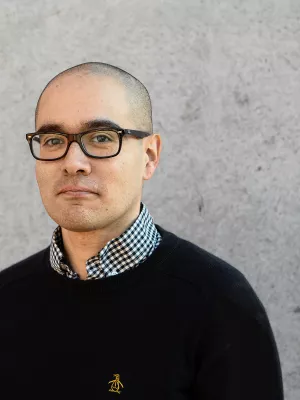
Andrés Brink Pinto
Vikarierande universitetslektor

Public toilets for women : how female municipal councillors expanded the right to the city in Sweden, c. 1910–1925
Författare
Summary, in English
Avdelning/ar
- Historia
- Genusvetenskapliga institutionen
- Mänskliga rättigheter
Publiceringsår
2022-04
Språk
Engelska
Sidor
476-495
Publikation/Tidskrift/Serie
Women's History Review
Volym
31
Issue
3
Dokumenttyp
Artikel i tidskrift
Förlag
Routledge
Ämne
- History
- Gender Studies
Nyckelord
- Right to the city
- Female political citizenship
- Urban history
- Labour history
- Public toilet provision
Status
Published
Projekt
- De Stenbergska villorna – kvinnors rätt till det offentliga rummet i Malmö kring sekelskiftet 1900
ISBN/ISSN/Övrigt
- ISSN: 0961-2025

